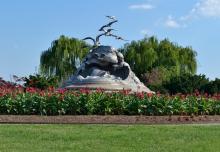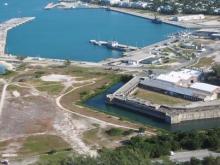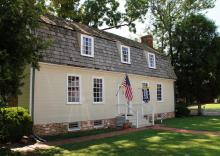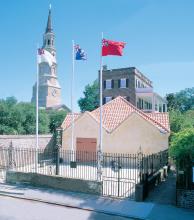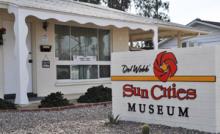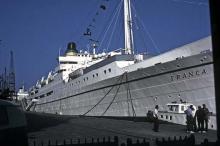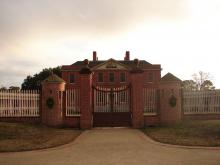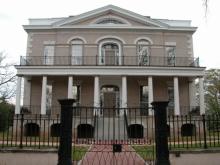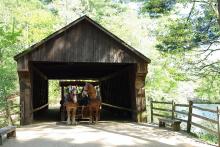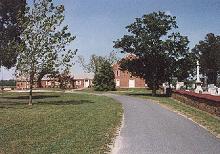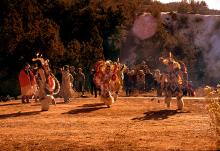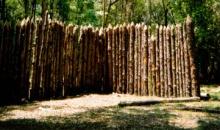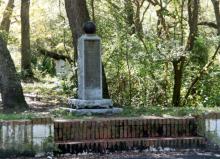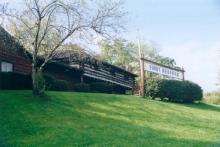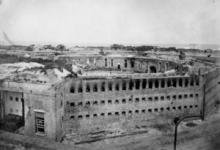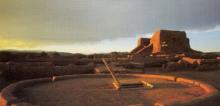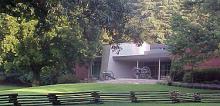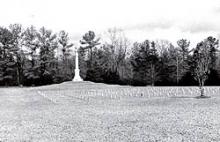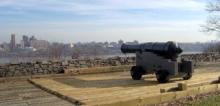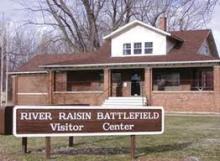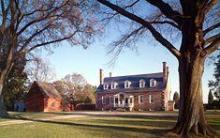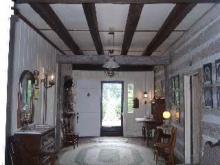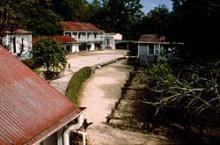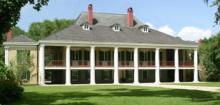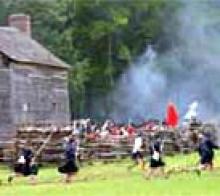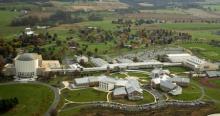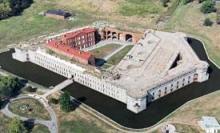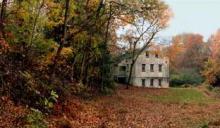Arcadia Mill
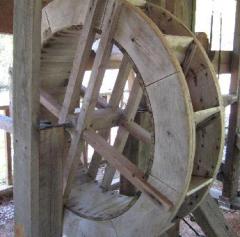
The Arcadia Mill Archaeological Site in Milton bears witness to America's 19th century industrial rise and offers a glimpse into how the nation dealt with its large-scale energy needs before the advent of oil. Visitors will stroll through the former site of a sizeable textile operation, including a cotton mill and a lumber mill. Today, the location plays host to a Visitor Center, Museum, and an elevated boardwalk through the archaeological remains of the mills.
The Arcadia Mill Archaeological Site in Milton represents the largest 19th-century water-powered industrial complex in northwest Florida. This site was the location of a multi-faceted operation that included a water-powered sawmill, a lumber mill with planning and lathing machines, grist mill, bucket and pail factory, shingle mill, cotton textile mill, and even an experimental silk cultivation operation. Initially, iron stone was quarried and shipped to Pensacola. The Arcadia Mill complex also included other structures that supported the textile operation such as living quarters for the over 40 enslaved women and their families, a kitchen, storehouse, blacksmith shop, and community well. A mule drawn railroad and a 16-mile-long log flume provided transportation for the industries. Although the complex only operated from 1817 to 1855, it played a pivotal role in the political and economic development of northwest Florida. Unfortunately, little in the historical record describes the site, its construction, or operation. No maps, drawings or photographs are known to exist. Furthermore, very little of the site complex is above ground, which makes it a unique archaeological destination. After a trip to the Visitor Center and Museum, visitors can enjoy a leisurely walk on an elevated boardwalk through the archaeological remains of the mills, across Mill Pond Creek and through the swamps associated with this historic water-powered operation. Guided tours and school programs are available.

